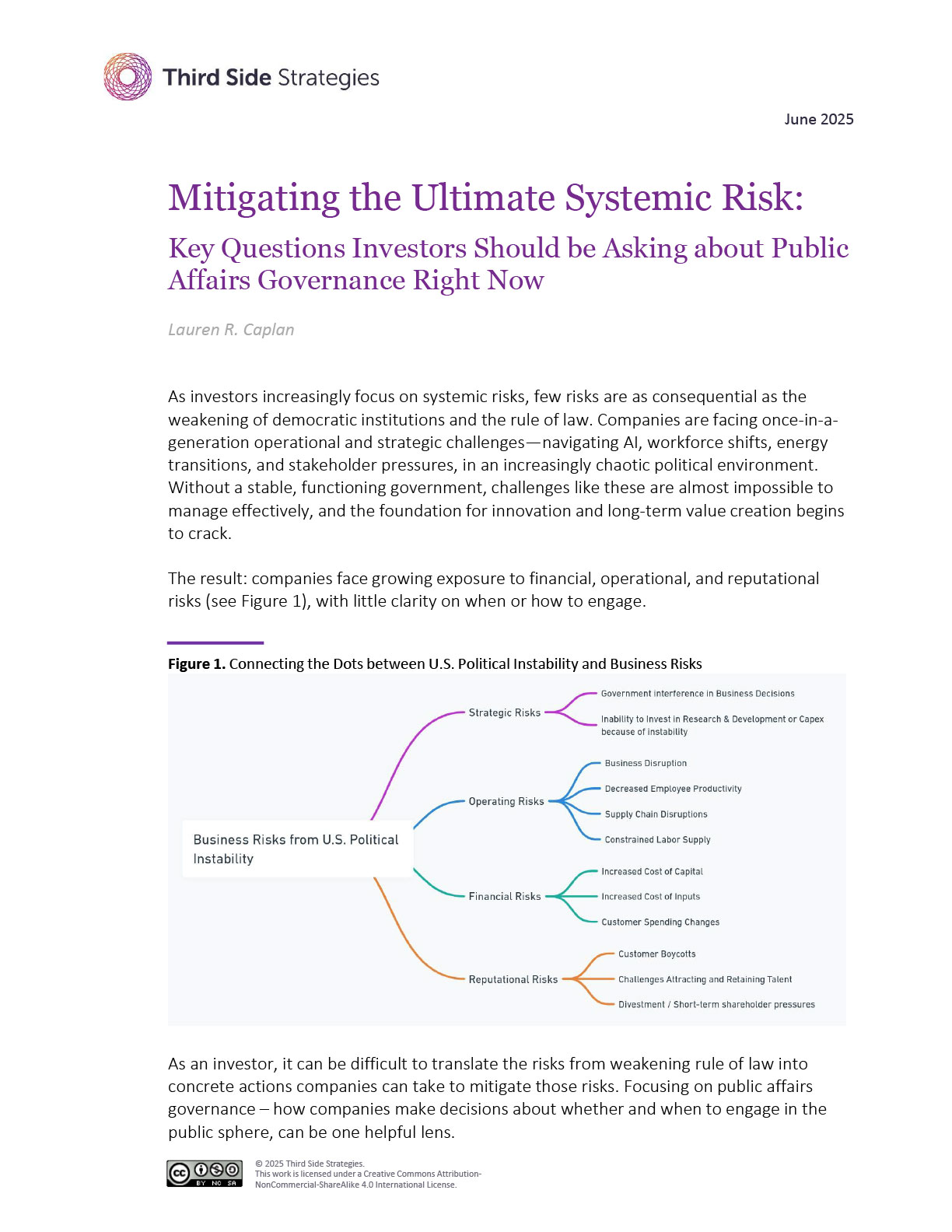Do you have a resource to recommend for The CPR Hub? Please reach out and we will review it for future updates!
Meeting the moment: Economic and financial reform in the age of populism and the polycrisis
This piece argues that capitalism’s existing rules often deepen inequality and systemic risks, but by changing those rules to focus on upfront redistribution of wealth, power, and opportunity—a “predistribution” approach—inequality can be meaningfully reduced. It urges institutional investors to lead reforms that reshape capitalism for a fairer, more resilient economy instead of reacting only after crises occur.


